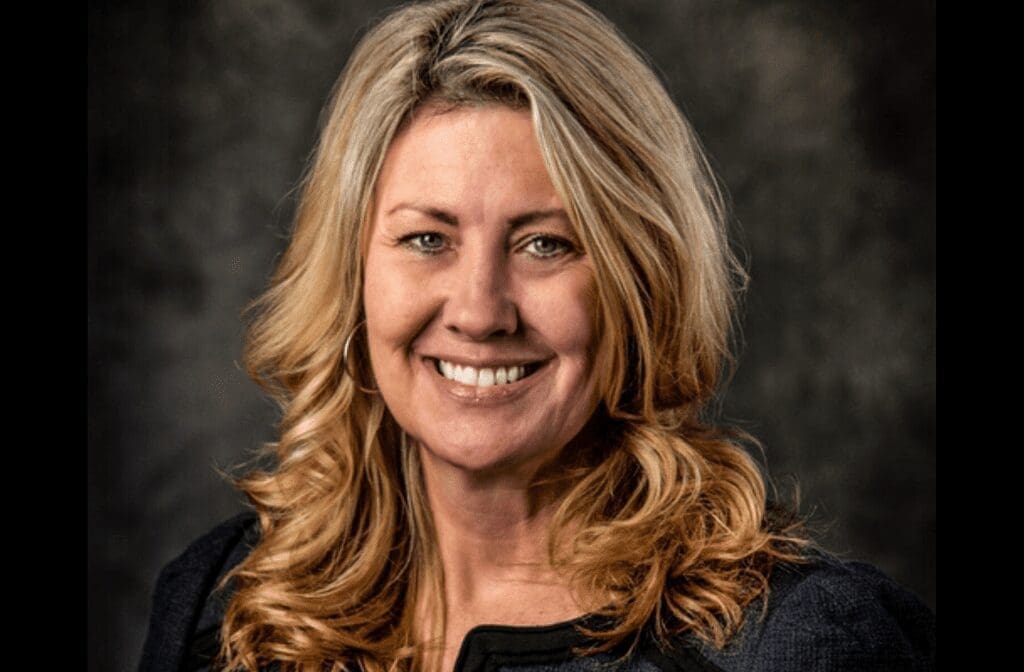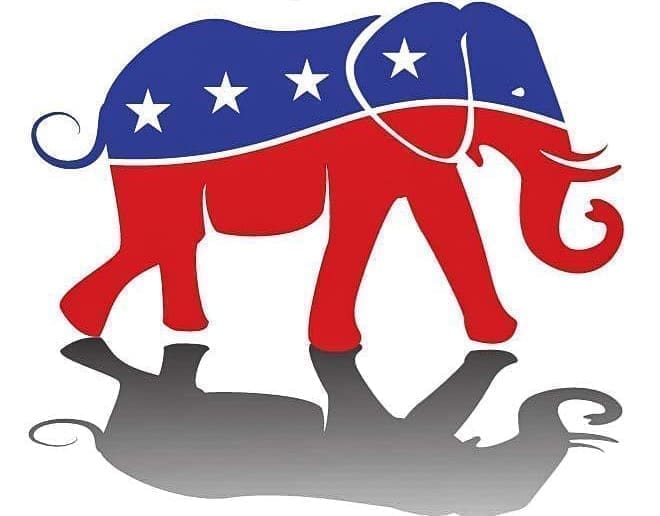The West Virginia Republican Executive Committee had scheduled its winter meeting in Charleston yesterday, January 20.
Due to inclement weather throughout the state, the meeting was postponed to next Saturday.
That’s because there’s just too much at stake.
During a recent Resolutions Committee meeting, an idea emerged that barely made it out of the committee with a vote of 4 in favor with 3 against to change how Independent and non-party affiliated voters are able to cast their votes in primaries. Well, that is a misnomer because if the full executive committee adopts this resolution, Independents and non-affiliated voters would not be able to cast ballots in Republican primaries, at a time when 25 percent of all registered voters belong to neither major political party.
Think about it … that would mean over a quarter of our voters not being able to have their say in the May 2024 primary election. That sounds weird to even say aloud.
Why now? Where did this idea even come from at this time? I have my ideas but will keep those to myself, and finally, why the rush to make it effective this election cycle?
If these ideas are not frustrating enough, let’s look at it from another perspective – the veteran’s perspective. Nationally, 49% of veterans identify as Independents, putting the West Virginia veteran population at a disadvantage if they are not able to vote. Veterans who have served our country and faced what many of us can only imagine protecting our rights and liberties would not be able to participate in the democratic process they fought to defend.
Young voters are registering as Independent or non-party affiliated right from the start, especially at a time when our nation is so divisive. Others, feeling the party with whom they had believed their ideals aligned, are simply saying, “ENOUGH!!”
Still others believe for our country to truly serve the people we need to do away with the two-party system.
Only eleven states have closed primaries, with Wyoming permitting non-affiliated voters to register with a party at the polls on primary day if they wish to participate. In Kansas, the law states political parties can allow participation in primaries, but this rarely happens. In Florida, primary elections are open if all candidates have no party affiliation and face no opposition in the general elections. Non-affiliated voters in Kentucky are only able to vote in non-partisan and judicial elections. In Nevada, federal and state primaries are closed, but it is also one of the states that allow voters to participate in non-partisan primaries.
New Mexico has 3 major political parties, Democratic, Libertarian, and Republican. Non-affiliated voters cannot vote in any of the major party primaries. New York has closed primaries, but voters can change their party before a primary. Oregon non-affiliated and independent voters can only vote in non-partisan elections. Pennsylvania has closed primaries, same with Delaware. In Maryland, Independent voters can only vote in non-partisan elections, and finally, in New Jersey, residents declare a political party affiliation when registering to vote and can then participate in local, state, and national primary elections.
However, for congressional and state primaries, independent voters are able to affiliate with a party at the polls, much like Wyoming. Maine, in an act by both chambers of the legislature and signature of the governor in 2022, will allow non-affiliated and independent voters to vote in their primaries beginning in the 2024 primary election cycle.
It is a divided issue within the party. Opponents do not want to disenfranchise non-affiliated and independent voters, which seem to grow each election cycle. Supporters of the issue want only Republican voices to be heard in the primaries and have had some candidates pushing this position.



